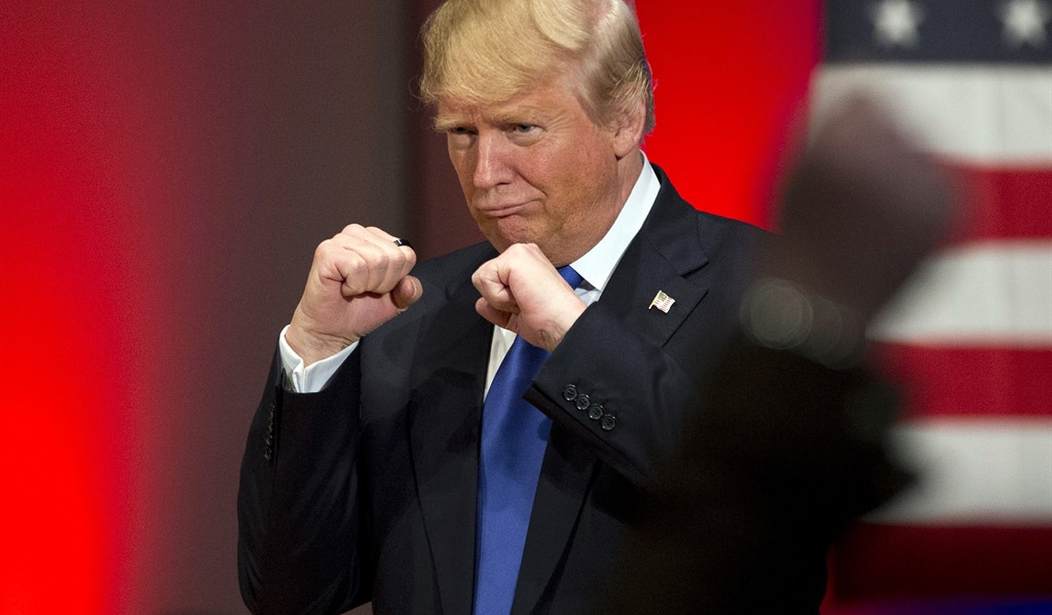Every once in a great while, some new tool comes along in American politics that changes things dramatically. We just encountered another of those.
I have the first recordings of early 20th Century speeches by Theodore Roosevelt, William Howard Taft, and William Jennings Bryan, among others. Their grandiloquent styles with mile-long sentences containing clauses within clauses, and in some cases, ponderous or high-pitched voices would prevent them getting elected to HOA president today.
Their successors had to adapt their styles and, later, appearances to those microphones, radio, cameras, movie-theater newsreels, and then television.
In the first TV debate in 1960, Vice President Richard Nixon won on experience and content over the junior senator John F. Kennedy from Massachusetts. But Nixon was pronounced loser because he disdained makeup and looked unshaven. Not the most important of presidential criteria — until TV.
Joe Biden paid the ultimate political price on June 27 when side-by-side shots with Trump caught the open-mouthed Democrat looking as lost and distracted as he was. And his party dumped him.
Donald Trump's prolonged interview/conversation with Elon Musk the other evening on Twitter (aka X) is one of these major changes. Americans are not famous for long attention spans. So, relatively few of the initial one billion viewers/listeners likely took in the entire two-plus hours.
They didn't have to in order to make the special a significant success for Trump. The conversation, the resulting outrage from discredited mainstream media over being bypassed, and the rolling ongoing replays by thousands around the globe captured the attention that what's-her-name had seized since the Nancy Pelosi coup ousted Joe Biden from the Democrat ticket.
I predict Musk's long-form conversations with people will force politicians to adapt once more. From a publicity point of view, which is what campaigns are mainly about, the former president knocked it out of the park.
As my colleague points out, the questions were not hostile or gotcha. They gave Trump an opportunity to talk and an immense publicity boost in the attention for free media.
Here's why I believe this new form is so effective: No one goes away from today's TV debates talking about how impressive a candidate's answer was on NATO. What thinking people (as opposed to deaf partisans) get is a feel for the candidates -- how they speak, think, their mannerisms and facial expressions, recall of details, and ability to make a case on their feet.
Through events and their words, they work on showing this. A self-deprecating joke. Recognition of an old friend in the audience. A touching childhood memory.
It's not the only tool, but Ronald Reagan used Dad jokes. Jimmy Carter knew about nuclear power plants; but he didn't know any jokes.
To much of the world, American politics are a puzzling freak show. But like him or loathe him, Trump speaks clearly. We can discuss his style -- and we should -- but the former president, reality show host, and real estate mogul knows how to get and capture peoples' attention.
I checked a few places around the world. Two days after the live show, I found 4,600 people still listening at the same time to the Trump conversation on the website of a local newspaper in India just before dawn there. That's publicity pull.
This new form of political communication is the topic of the current week's audio commentary. After listening, share your thoughts and reaction in the Comments.
This week's Sunday column examined a serious political flaw that both Trump and Kamala Harris share. Someone's got to win in November. But this flaw could be the determining factor.
The most recent audio commentary looks at a 23-year-old legal case that I doubt many of us know about. It seems the death penalty prosecution of the top three 9/11 organizers has been stalled for nearly a quarter-century, denying families of the nearly 3,000 victims and all Americans justice.
Prosecutors thought they had a plea deal to finally end the legal imbroglio, exchanging guilty pleas;for life sentences without execution. But public outrage over that development prompted Defense Secretary Lloyd Austin to cancel the deal and restore the possibility of death.
But first, they need a trial.













